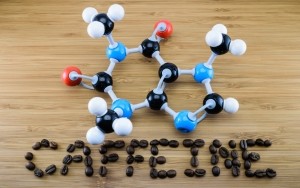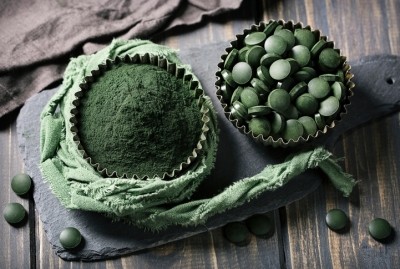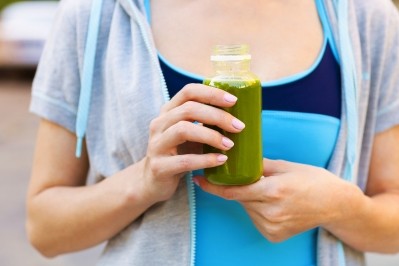Researchers examine influence of caffeine supplementation on female athletes

“Although the use of caffeine is similar in both male and female sports players, caffeine supplementation studies have primarily focused on males or a mixed-gender population and little is known about the effects of caffeine on muscular performance specifically in women,” the researchers from Massey University in New Zealand wrote in their study, published in the Journal of the International Society of Sports Nutrition.
“Of the few caffeine supplementation studies in women, most have been carried out without consideration for variation in performance due to menstrual cycle phase,” they added. They argued that caffeine metabolism in women is complicated “by the effects of both estrogen and oral contraceptive steroids,” citing a 1992 study in the European Journal of Clinical Pharmacology.
The researchers hypothesized that, compared to placebo, caffeine supplementation would still increase the peak strength and power of the knee flexors and extensors throughout intermittent exercise designed to simulate a soccer game among female athletes regularly taking oral contraceptives.
Participant selection and requirements
Ten female players around the age of 24 years were selected. Criteria included individuals who train 2-6 times per week and competed at recreational to international level. Excluded from the study were individuals who actively refrained from consuming anything that contains caffeine, and those with a high daily intake (more than four cups of coffee a day).
Participants were required to keep a food diary for 48 hours before their first main trial. They were also requested to avoid alcohol and foods containing caffeine (such as chocolate, tea, coffee, soft drinks, and energy drinks) in the 48 hours leading up to the first trial.
All participants had been taking an oral contraceptive of any brand with the same hormonal composition for at least 3 months prior to the study
Supplementation and exercise
Either a gelatin capsule containing 6 mg of anhydrous caffeine (Fluka Sigma-Aldrich) or placebo (artificial sweetener by Equal) was randomly assigned to the study participants in a double-blind crossover design.
Supplementation was ingested one hour before the intermittent exercise protocol, which consisted of six 15-min blocks of treadmill running designed to simulate the activity patterns of a soccer match. This was followed by five reciprocal concentric contractions of the knee extensors and flexors to measure leg strength and power. The last exercise was a counter-movement jump, performed using a jump mat. An estimate of leg power was calculated from jump height.
Blood samples were taken at multiple times throughout the study: At rest, every 15 minutes during exercise, immediately after exercise, and around 12 hours after exercise.
Estrogen and oral contraceptive steroid-use did not hinder caffeine’s effects
The researchers found that caffeine ingestion significantly improved mean power (determined over 5 contractions for each participant during the exercises) of the knee extensors and flexors compared to placebo.
They also found that levels of free fatty acids elevated with caffeine supplementation, while glucose and insulin were not affected by its intake.
“Our finding that caffeine enhances eccentric knee flexor strength in females suggests that caffeine supplementation prior to competition and/or training has the potential to decrease non-contact injury rates,” they wrote. “Although our findings are speculative, the results form the basis for similar studies to be conducted in females with caffeine supplementation.”

















